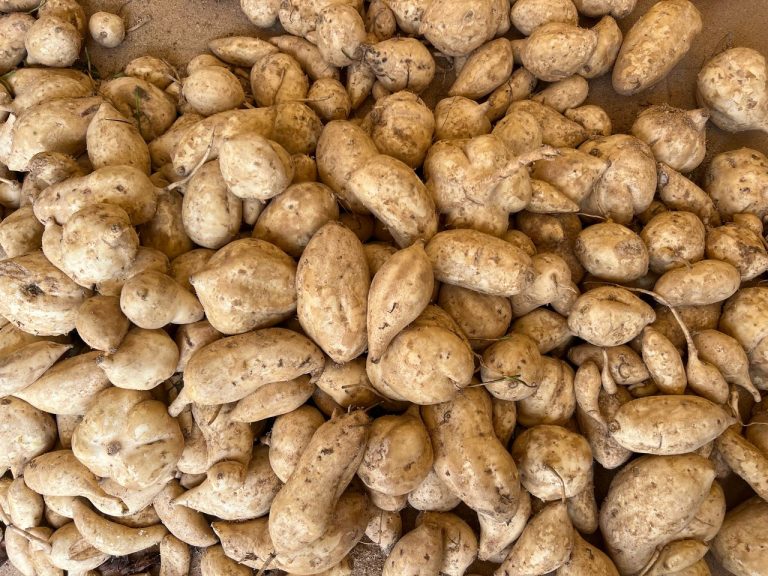Kebbi State is globally renowned for its agricultural prowess, producing a variety of crops. The state is particularly celebrated as a hub for rice production, contributing significantly to Nigeria’s food chain and food security. However, the devastating floods of 2024, like in many parts of the world, did not spare Kebbi State. The floods resulted in the loss of lives, destruction of houses in urban and rural areas, and the washing away of farmlands, including planted and harvested crops.
By Yahaya Sarki
According to reports from Gazette Nigeria and several online media publications, Kebbi State experienced severe flooding in 2024, significantly impacting 16 out of its 21 Local Government Areas (LGAs). The worst-affected LGAs included Argungu, Birnin Kebbi, Ngaski, Jega, Augie, Yauri, Maiyama, Shanga, Koko-Besse, and Gwandu.
The disaster destroyed approximately 329,000 houses and submerged about 858,000 hectares of farmlands, primarily used for cultivating rice, millet, guinea corn, sorghum, and beans. Tragically, 29 lives were lost, with fatalities reported in Ngaski (7), Maiyama (8), Kalgo (5), Jega (7), and Birnin Kebbi (2).
In response, the Kebbi State Government called for urgent assistance from federal authorities and international partners to support the affected communities and address the impending food security challenges caused by the extensive agricultural damage.
Recognizing the plight of the farmers and the monumental loss of crops due to the floods, the State Ministry for Agriculture and Natural Resources, under the leadership of Commissioner Alhaji Shehu Muazu, proposed a trial strategy called ‘Residual Moisture for Cultivation of Crops.’
This innovative approach involves using the water or moisture left behind by the floods to irrigate newly planted crops that have a quick germination period. The Commissioner explained that this strategy could help the farmers recover their losses and transform formidable challenges into plausible opportunities.
Under the scheme, the affected farmers would receive improved seeds for potatoes, cassava, and maize, as well as fertilizers and chemicals, free of charge from the state government. Gov. Nasir Idris, however, emphasized the importance of community involvement, insisting that the affected communities must consent to and actively participate in the initiative.
The Ministry’s officials promptly acted on the Governor’s directive, engaging with the communities and explaining how the scheme could help them recover their losses and achieve food security. The communities welcomed the initiative and agreed to participate, with the government providing the necessary agricultural inputs.
A pilot scheme was launched in selected villages, including Raha in Bunza LGA, Bahindin Bagudo in Bagudo LGA, and Mayalo in Maiyama LGA.
Recently, a delegation, including the Commissioners for Agriculture and Natural Resources (Hon. Shehu Muazu) and Information and Culture (Hon. Yakubu Ahmed), the Special Adviser to the Governor on Media and Publicity (Malam Yahaya Sarki), officials from the Ministry of Agriculture, and a team of journalists, visited these communities to assess the progress.
The first stop was Raha Community in Bunza LGA, where the farmers had embraced the Residual Moisture Crop Production method. The community warmly welcomed the delegation and proudly displayed their harvested crops, including potatoes, maize, and cassava, which were of excellent quality.
At Bahindin Bagudo village in Bagudo LGA, Commissioner Shehu Muazu revealed that the Kebbi State Government had supported over 16,000 farmers through the Residual Moisture Production scheme to help them recover from the floods. He explained that the initiative, spearheaded by Gov. Nasir Idris (Kauran Gwandu), provided improved seeds, fertilizers, and chemicals free of charge to affected farmers.
Commissioner Yakubu Ahmed-BK of the Ministry for Information and Culture emphasized the importance of food security, urging the farmers to sustain their efforts and praying for the success of the current administration.
Farmers in the communities expressed their gratitude for the initiative, sharing their success stories. Alhaji Abubakar Walin-Raha, representing the District Head of Raha, praised Gov. Idris for his foresight and appealed for pumping machines to support irrigation efforts.
Similarly, Alhaji Tukur Umar, the District Head of Bahindin Bagudo, confirmed that the seeds and fertilizers had been distributed among 40 Village Heads in his domain, urging the government to extend the program to the dry season.
Peasant farmers like Malam Abubakar Mai-Kifi and Malam Musa Mai-Dala’ilu testified to the exceptional quality of the seeds provided, noting that the initiative had motivated even non-farmers to embrace agriculture. Alhaji Muhammad Sani, the Marafan Mayalo, expressed profound gratitude to Governor Idris for restoring normalcy to their lives after the floods.
Impressed by the success of the Residual Moisture Crop Production scheme, the Kebbi State Ministry for Agriculture and Natural Resources, with the Governor’s approval, submitted a memorandum to the National Council on Agriculture and Food Security.
The memorandum, presented at the International Conference Centre in Calabar, Cross River State, from November 11th to 15th, 2024, proposed a national strategy for utilizing residual moisture to cultivate crops and mitigate flood-induced food insecurity.
This groundbreaking initiative, pioneered under the Kauran Gwandu-led administration, is now under consideration for adoption by the Federal Government of Nigeria as a sustainable solution to food insecurity caused by recurring floods across the country. Kebbi State is indeed a trailblazer.
Sarki is SA Media & Publicity to Kebbi State Governor


